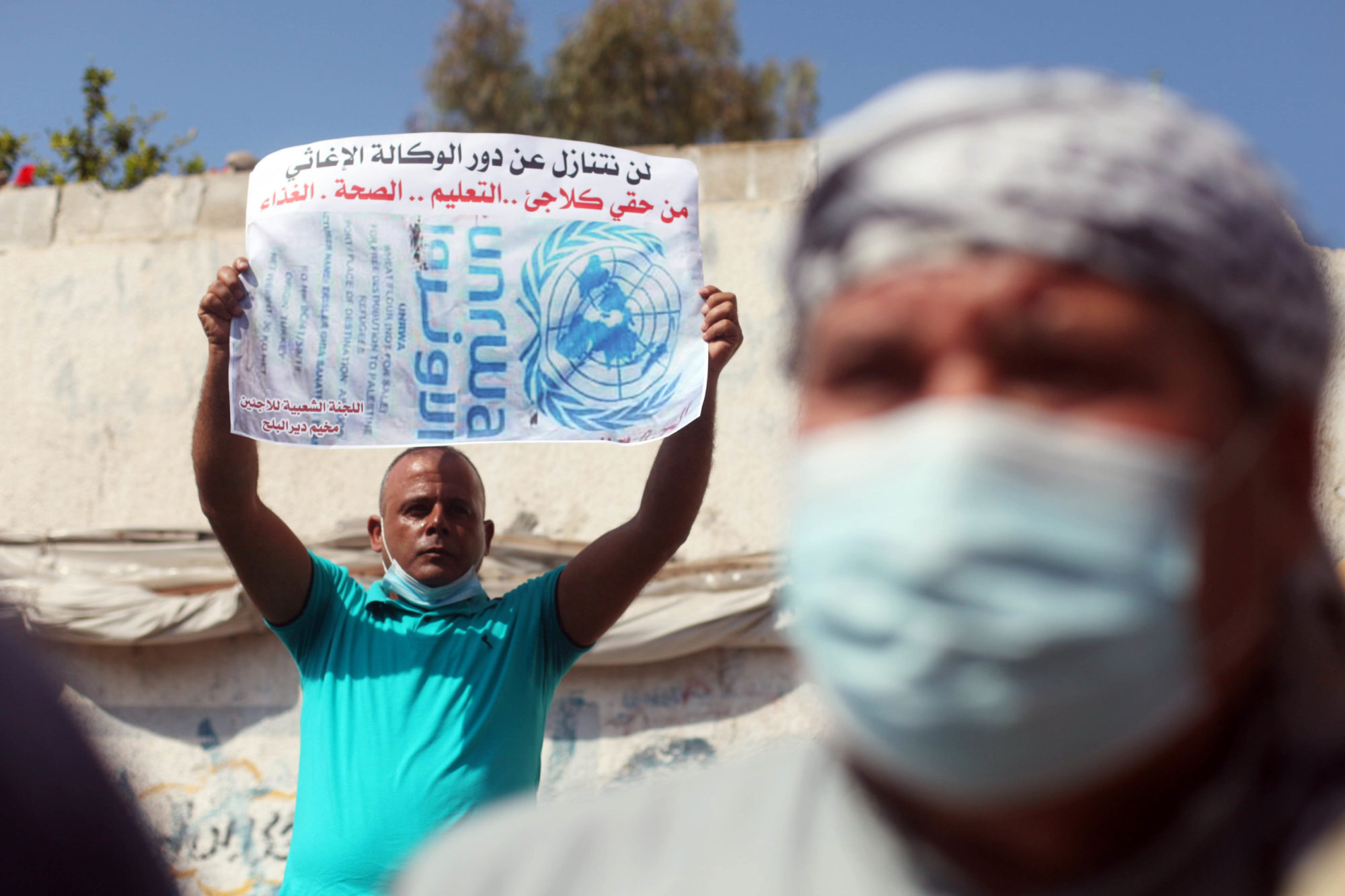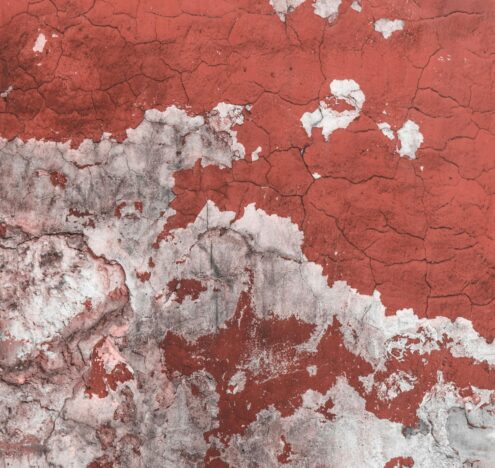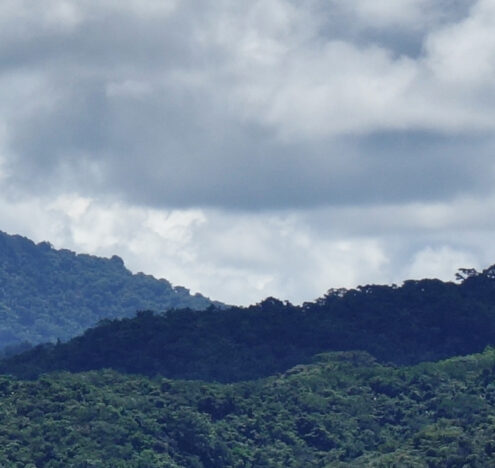The UN General Assembly established the UN Relief and Works Agency (UNRWA) in 1949, following the 1948 Arab–Israeli War that resulted in thousands of Palestinians being displaced from their villages and homes. UN member states fund the UNRWA, and the General Assembly renews its mandate regularly. Palestinian refugees have grown up with the UNRWA. They have been educated in its schools and survived from the food supplies it provided to our families. Therefore, it plays a crucial role in Palestinian daily life.
Six workers of the UNRWA were put on administrative dismissal earlier this month after UN Watch, a nongovernmental organization that monitors the performance of the UN, published a report titled “UNRWA’s Teachers of Hate” in June 2022. The report included instances and screenshots from publicly available Facebook accounts of persons that are identified as UNRWA employees online and who have written posts in the “encouragement of violence and showed support to Hamas” — a prominent resistance group in Palestine that is labeled as a terrorist organization by Israel and the United States. Last year, UN Watch issued a similar report that accused more than 100 employees of “inciting violence and anti-Semitism” on social media. In response, the UNRWA suspended 25 employees, only to discover later that the accusations were purely political, false, and intended to undermine the international trust that UNRWA enjoys, as expressed by the head of the Palestinian Syndicates Union, Suhail al-Hindi.
In response to UN Watch’s latest report, the UNRWA’s Deputy Commissioner-General Leni Stenseth announced the dismissal of six administrative employees, claiming that they did not adhere to the standards of “neutrality” when they posted on their social media pages. The regulations have been summed in the 2021–2022 US-–UNRWA Framework for Cooperation, an agreement between the UNRWA and the US government that agrees not to engage in political matters. This fits with the broader global UN context that requires employees to agree to neutrality.
The most questionable enforcement of this agreement is that the US government requires the UNRWA not to provide any service to any member of the Palestine Liberation Organization or any Palestinian faction, in addition to interfering with school curricula and preventing students from discussing Palestine in schools. According to Palestinian political activists, the reason for rejecting this agreement is that it violates the right of return and UN Resolution 194, which calls for the return of Palestinian refugees to their homes. It also seeks to remove Palestinians from reality and destroy their legitimate cause.
The UN Watch has a pattern of issuing reports focused on promoting Israel’s false narratives about Palestinians rather than following its own mission, which is “to focus international attention on urgent human rights situations worldwide.” Why is the UNRWA considering reports that promote pro-Israeli propaganda, are based on misinformation, and manipulate Palestinians’ political views if it is truly “neutral”? How can a Palestinian, a victim of occupation, be neutral when describing the occupier?
THE UNRWA’S “NEUTRAL” SUPERVISION
I contacted all of the employees from Jordan, Lebanon, and Gaza included in the UN Watch reports in an attempt to get their views heard by UNRWA. However, none of them expressed an interest in being interviewed. Some have voiced concern that their words may harm their careers, as the employment provided by UNRWA is the only way out of these dire circumstances. This fear has reminded me of the times I worked for the UNRWA as an English language teacher for more than two years as a daily-paid worker.
Why is the UNRWA considering reports that promote pro-Israeli propaganda, are based on misinformation, and manipulate Palestinians’ political views if it is truly “neutral”?
I remember vividly feeling intimidated, dehumanized, and suppressed on several occasions while reading the contract obligations forcing me to maintain “neutrality” in politics, which led the majority of its employees to avoid speaking about their suffering entirely. While working at different schools, we addressed the UNRWA regulations internally. None of the teachers liked the regulations. Some even felt frightened by them, which makes no sense for an organization that was formed for refugees and claimed to safeguard their rights.
During one of the UNRWA security team visits to the Prep School in Rafah, where I studied and worked after graduation, I argued with the UNRWA team about their insistence on linking excluding the Palestinian cause from the “human rights” subject — a subject that was discontinued a couple of years ago — and removing any portrayal of Palestinian identity from the classrooms. First I was afraid to disagree, as were the headmaster and other teachers who witnessed the visit, but I eventually resolved to speak up, even if it meant losing my job. We had a debate regarding the extent to which UNRWA contributes to the erasure of Palestinian identity by claiming “neutrality” in settings where the students are surrounded by daily reminders of the occupation and their status as refugees. I stressed that the UNRWA is undermining Palestinians and their rights rather than protecting them. The discussion got heated and I left, feeling enraged and tired of the constant humiliation that UNRWA teachers — and Palestinian refugees in general — have to face to earn a living. I was able to keep my job but was transferred to another school.
According to a source in the UNRWA Staff Union who preferred not to be identified, employees are monitored on social media. Any activity, such as simply “liking” national or patriotic posts, sharing their feelings about the difficult situation they live in, or even criticizing Israel, may result in a warning from UNRWA — or the loss of their job.
Considering the increase of the Israeli human rights violations in Gaza, the West Bank, and the rights of Palestinians in the diaspora who are denied their right of return as stipulated by UN resolution 194 that states “refugees wishing to return to their homes and live at peace with their neighbors should be permitted to do so at the earliest practicable date,” UNRWA’s action seems to be protecting the wrong side. Furthermore, Israel is now recognized as an apartheid state by many prominent human rights organizations, including Amnesty International.
The source detailed the various steps taken by UNRWA to “stifle freedom of expression,” including paying fines and preventing people from working for UN agencies in the future, which UNRWA has verified on numerous occasions, including the last announcement. The source also indicated that UNRWA employees are victims of continuous incitement and pressure practiced on the UN to discredit its work for refugees. The UNRWA, therefore, is sacrificing its employees to maintain a “neutral” position and keep its funding.
TIME FOR CHANGE
On Jul. 29, 2022, the International Commission to Support Palestinian Rights released a press statement, condemning UNRWA’s decision to suspend the six teachers because the decision is based on an incendiary and unprofessional report from an Israeli “Zionist” organization that violated human rights charters, and the ethics of UNRWA itself and calls to immediately stop its bowing to the incitement campaign against its workers while claiming “neutrality.”
The UNRWA and its claim of having a neutral position in the past 20 years have provoked questions by Palestinians and the international community as it has never stood firmly against Israel’s human rights violations against Palestinians or stepped up to its responsibilities of more than just “delivering assistance” to over 1.5 million Palestinian refugees. Any time that the UNRWA has taken a stand against Israel, it has been done with reluctance and has almost always linked it with misleading indications that it’s a war between Israel and Hamas rather than an unequal occupation with the vast majority of casualties being innocent Palestinians, including children and women.
According to the International Commission to Support Palestinian Rights, UNRWA should contribute to ending the double-standard view of the Palestinian cause, as well as the politicization of international law, human rights, and UN resolutions, by standing up to protect the rights of refugees who have paid the price for the occupation’s crimes against them — and the Palestinian people over a century — rather than positioning itself as a “policeman” monitoring its employees to satisfy Zionist propaganda.
But the UNRWA’s latest actions indicate that the agency would rather keep the status quo.





















